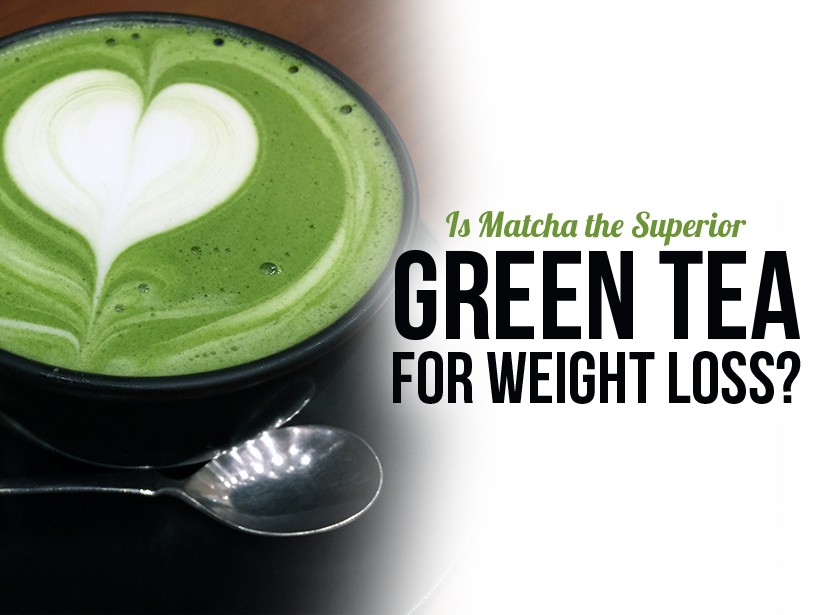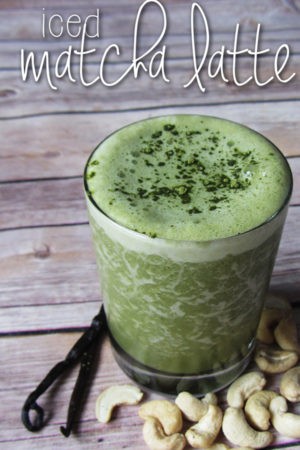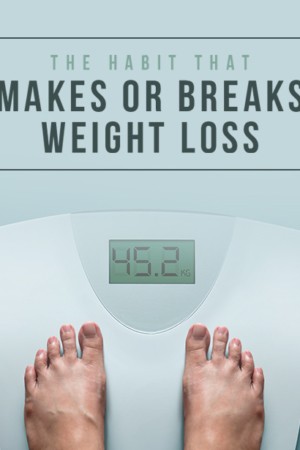If you’ve done research into green tea, you probably already know that it can be an excellent accompanying drink to a diet that’s focused on weight loss. However, if you’ve been focused on your standard Lipton variety of green tea, you may be missing out on a whole new world of flavor and fat burning–matcha. Matcha green tea has been found to contain high levels of catechins, the substance found in green tea that has been linked to reduced rates of obesity and increases in fat-burning power.1 The traditional Japanese green tea has been making a splash in the United States for its health and weight loss benefits. Last August, the world’s first matcha-only cafe, Matcha Bar, opened in New York City, backed by millionaire investors like rapper Drake.2
So, why is this drink becoming so popular with everyone from Victoria’s Secret models to the everyday dieter? Read on to learn more about the power of matcha and how you can safely incorporate it into a ketogenic diet.
What is matcha?
Literally translating to “powdered tea,” matcha is a special type of green tea from Japan. You will be able to immediately recognize matcha powder by its neon green color and earthy, vegetal smell and taste. Matcha has a very rich flavor, which has made it popular in a wide variety of dishes and drinks. Some dieters find the taste of straight matcha tea too strong, so it is now regularly combined with milk to form a latte.
It’s important to note that if you are interested in preparing matcha the traditional way, you will need a special bamboo whisk called a chasen. You can purchase whisk and bowl sets on sites like Amazon to help you create authentic matcha teas and desserts.
ECEG and matcha
The main antioxidant in green tea that has been associated with weight loss is EGCG. Matcha, which is unfermented and unprocessed, has been found to have up to three times the amount of EGCG when compared to a standard cup of brewed green tea.3 EGCG has also been linked to anti-aging properties, and can potentially help to protect you against heart disease and certain types of cancer. This means that if you’ve been looking to get the most out of your green tea, you might want to consider switching out your daily cup of hot green tea with a cup of matcha!
Be careful when choosing your matcha!
Ketogenic dieters need to train themselves to be on the lookout for hidden sugar in everything that they eat and drink. While matcha powder itself will typically contain between 1 to 2 grams of carbohydrates depending on the brand, a number of sweetened matcha powders have been introduced to appeal to the American palate. Before you purchase any matcha powder, make sure you check the label to ensure that you aren’t buying a variety that has been sweetened with sugar, thus adding carbs.
If your matcha is too strong, consider flavoring your drink with some almond or cashew milk, no carb sweetener, or erythritol to ease the earthy taste of this divisive flavor.
NUTRITIONAL DISCLAIMER
The content on this website should not be taken as medical advice and you should ALWAYS consult with your doctor before starting any diet or exercise program. We provide nutritional data for our recipes as a courtesy to our readers. We use Total Keto Diet app software to calculate the nutrition and we remove fiber and sugar alcohols, like erythritol, from the total carbohydrate count to get to the net carb count, as they do not affect your blood glucose levels. You should independently calculate nutritional information on your own and not rely on our data. The website or content herein is not intended to cure, prevent, diagnose or treat any disease. This website shall not be liable for adverse reactions or any other outcome resulting from the use of recipes or recommendations on the Website or actions you take as a result. Any action you take is strictly at your own risk.
- This Grocery Store Team Lost Over 200 Pounds Using Keto - December 19, 2018
- Treating Diabetes with Weight Loss - December 12, 2018
- Ancient Nutrition Connects With Natural Partners - December 5, 2018




